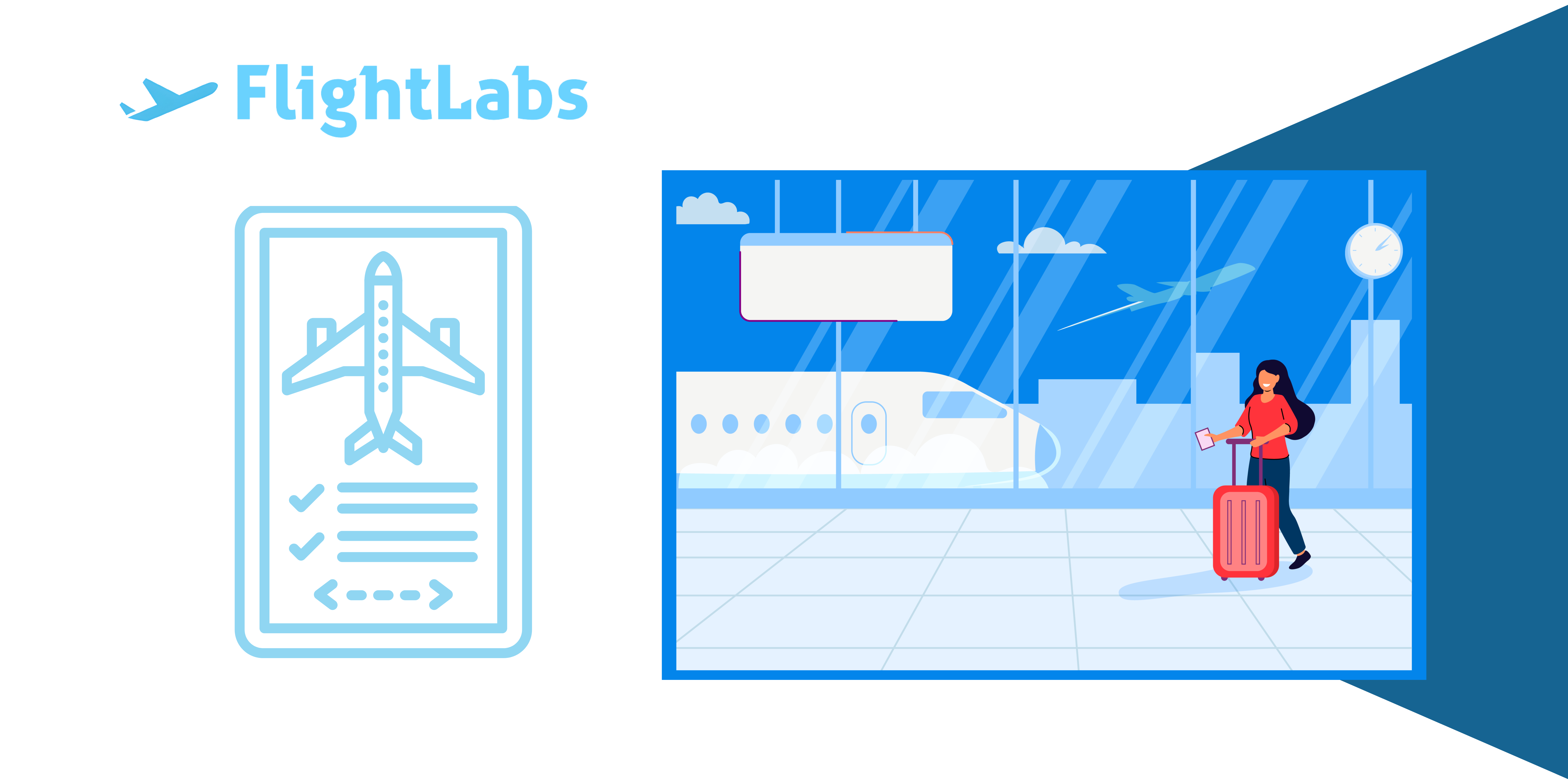Airlines API For Developers: Access Comprehensive Airline Data

In today's fast-paced digital world, Airlines APIs have become a cornerstone for developers aiming to build next-generation applications. These APIs offer a treasure trove of comprehensive airline data, crucial for creating innovative and user-friendly travel solutions. Among the leading providers in this space, FlightLabs stands out, offering a robust and reliable Airlines API that developers can trust.
The importance of an Airlines API in the development world cannot be overstated. They streamline information management, allowing developers to access real-time flight data, schedules, and more, all in one place.
Understanding Airlines APIs
Airlines APIs are essentially intermediaries that allow developers to connect their applications with airline data. These APIs provide access to a wide array of information, including flight schedules, real-time status updates, and booking details. By integrating an Airlines API, developers can enhance their applications with rich data, improving user experience and functionality.
One of the primary benefits of using Airlines APIs is the ability to access real-time data. This ensures that users receive the most accurate and up-to-date information, whether they are booking a flight, checking the status of a current flight, or planning a trip. Moreover, these APIs facilitate seamless communication between different systems, making it easier to manage and retrieve information efficiently.
FlightLabs: A Milestone In Airlines API Scenario
FlightLabs has emerged as a leading provider of Airlines APIs, offering a solution that is both comprehensive and user-friendly. One of the standout features of FlightLabs is its extensive data coverage. Developers can access a wide range of information, from flight schedules and routes to real-time status updates and delays.
In addition to comprehensive data coverage, FlightLabs provides real-time updates, ensuring that the information available to users is always current. This is particularly important for applications that rely on up-to-the-minute data, such as flight tracking and booking platforms.
Security is another critical aspect of the FlightLabs Airlines API. With robust security measures in place, developers can be confident that the data they access and transmit is protected from unauthorized access and breaches. This is essential for maintaining user trust and ensuring the integrity of the application.
Integrating FlightLabs' Airlines API
Integrating the FlightLabs Airlines API into your application is a straightforward process, but it does require careful planning and execution. The first step is to register for an API key, which will grant you access to the extensive data and features offered by FlightLabs. Once you have your API key, you can begin the integration process by following the comprehensive documentation provided by FlightLabs.
While integrating an Airlines API can be highly beneficial, developers may encounter some challenges along the way. Common issues include handling large volumes of data, ensuring real-time synchronization, and managing API rate limits. However, these challenges can be overcome with careful planning and by following best practices, such as efficient data management and regular monitoring of API usage.
For a seamless integration experience, it is recommended to follow best practices, such as maintaining clean and well-documented code, implementing robust error handling mechanisms, and conducting thorough testing. This ensures that your application functions smoothly and provides users with a reliable and efficient experience.
Conclusion: Transforming the Air Travel Industry
Airlines APIs are revolutionizing the air travel industry by providing developers with the tools they need to create innovative and user-centric applications. By offering comprehensive data coverage, real-time updates, and robust security, APIs like FlightLabs are at the forefront of this transformation. As developers continue to leverage these powerful tools, the air travel experience will become increasingly seamless, efficient, and personalized, benefiting both travelers and the industry as a whole.


